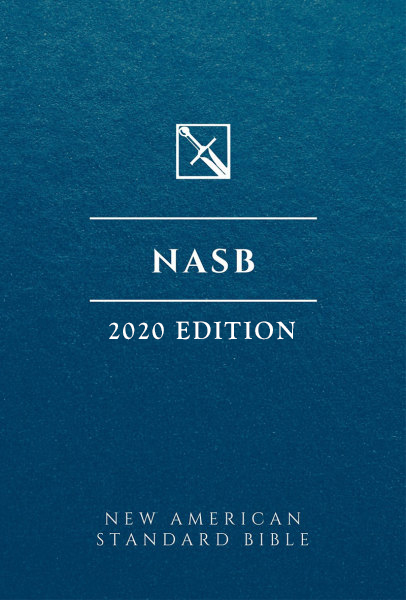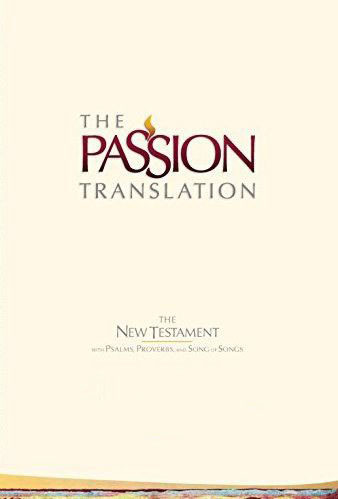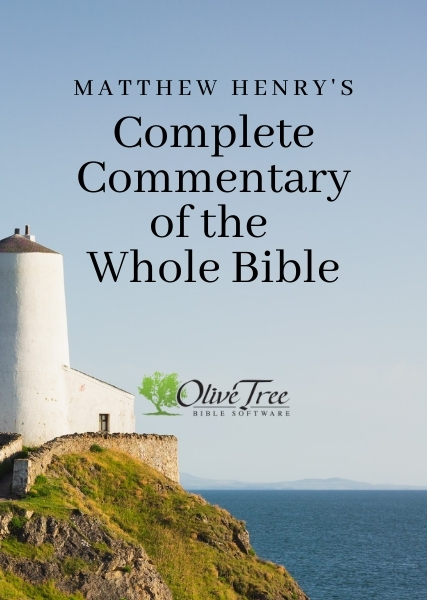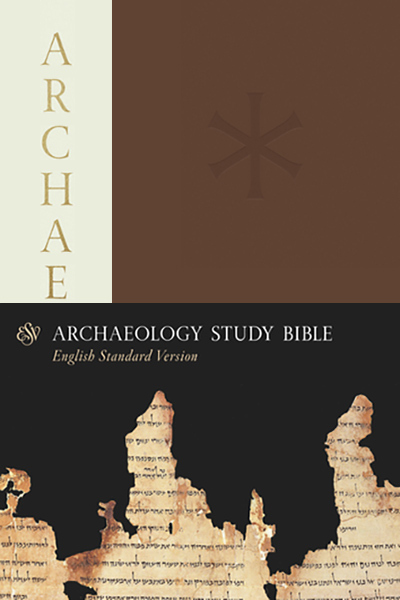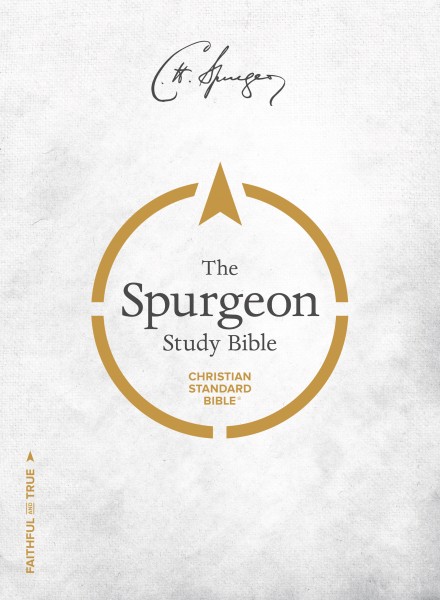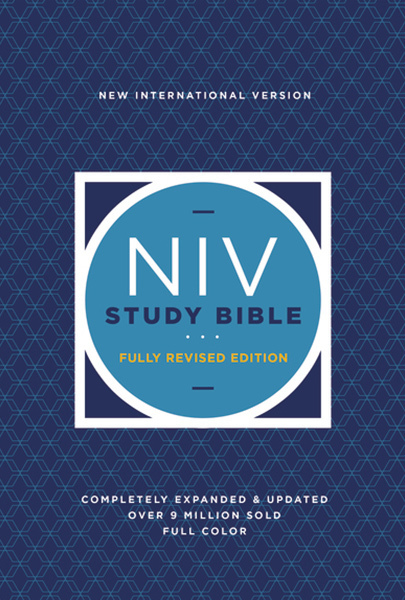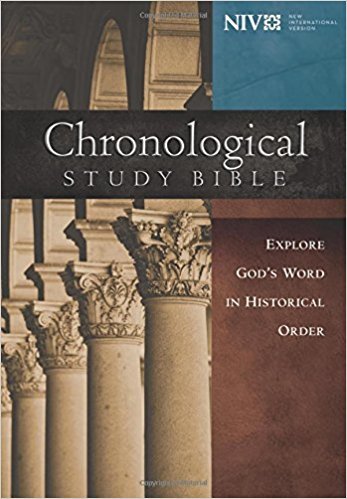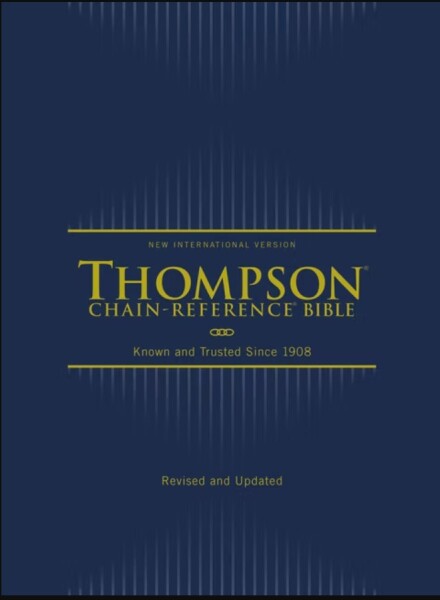Olive Tree Account
Olive Tree Account


Forgot Password
Enter the email address associated with your Olive Tree account to reset your password

Available for:
iPad, iPhone, Android, Mac, and Windows.
Features
Click on a feature to learn more.
Did your resource mention a passage of Scripture, but you can't remember what the verse says? Never fear! Tap the linked verse and a pop-up window will appear, giving you quick and easy access to the verse in context.

Available for:
iPad, iPhone, Android, Mac, and Windows.
Features
Click on a feature to learn more.
Did your resource mention a passage of Scripture, but you can't remember what the verse says? Never fear! Tap the linked verse and a pop-up window will appear, giving you quick and easy access to the verse in context.
Description
One of the major shifts in OT studies over the past half of a century has been the move away from studies dominated by diachronic matters toward more text-immanent, synchronic approaches. In Psalter studies, one can see such a shift on two levels. First, on the level of the individual psalm, there has been a general trend to focus on the literary and linguistic features as the proper means for discerning the meaning of the poem. Second, on the level of the Psalter as a whole, scholars have devoted significant attention to its canonical shape and the role of adjacent psalms in the interpretation of each individual psalm. In Remember, O Yahweh, Todd approaches Psalms 135--137 on both of these levels. After a detailed poetic analysis of each psalm, he proposes that Psalms 135--137 serve as a bridge between the Songs of Ascents (Pss 120--134) and the Last Davidic Psalter (Pss 138--145). As such, this group highlights Yahweh's past acts of deliverance as the basis for the post-exilic community's prayer for Yahweh to remember his people's lowly condition.
Available for:
iPad, iPhone, Android, Mac, and Windows.
You might also like…
You might also like…





















